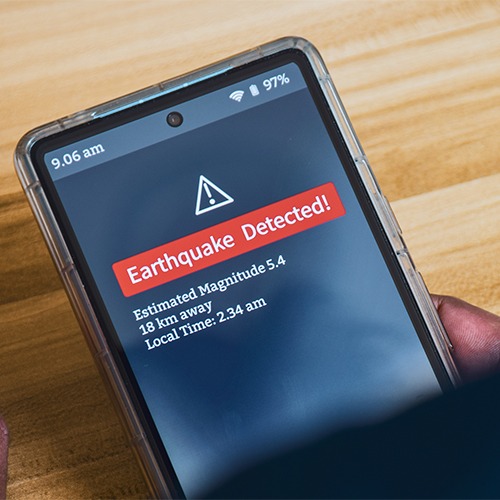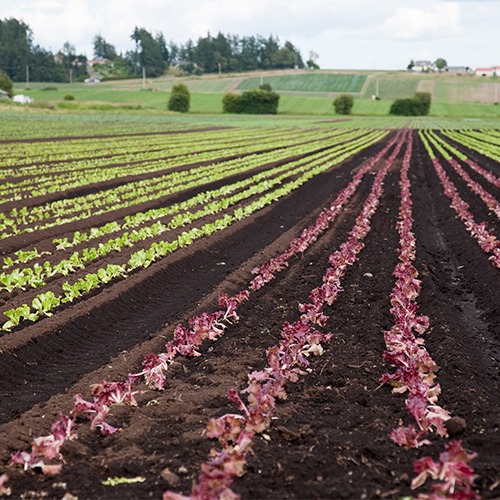Economic & Community Impacts
Communities can face sudden or prolonged economic shocks that disrupt local businesses, workers, and supply chains. These disruptions can take many forms—from the closure of a major employer, natural disasters, or long-term power outages, to trade-related barriers like tariffs, border closures, or supply chain interruptions. Even small events can ripple across sectors, straining local economies and livelihoods.
Loss of Industry: The closure or decline of a key industry can have a profound and lasting impact on a community’s economic well-being. Whether due to automation, shifting global markets, resource depletion, or regulatory changes, the loss of an industry often results in significant job losses, declining property values, reduced municipal revenues, and outmigration. This kind of disruption can be especially devastating in single-industry towns or regions heavily reliant on one sector. Proactive planning, economic diversification, and support for displaced workers are essential strategies to help communities adapt and rebuild in the face of industrial decline.
Trade Barriers: As a province heavily reliant on international trade, particularly in sectors like forestry, mining, and agriculture, BC is susceptible to the impacts of trade barriers such as tariffs. For example, tariffs imposed on key exports like lumber can significantly impact the forestry industry, a major employer in many BC communities. These barriers can reduce demand for BC products, leading to decreased production, job losses, and economic hardship in affected regions.
Supply Chain Interruptions: The intricate global supply chains underpin our economy are vulnerable to many shocks. Natural disasters in other parts of the world, geopolitical instability, transportation disruptions, and even global health crises can significantly disrupt the flow of goods and materials. For BC, a province that relies on imports and exports, these interruptions can lead to shortages of essential products, increased costs for businesses and consumers, and delays in production and delivery.
Power Outages: Reliable access to electricity is fundamental to modern life and commerce. Major power outages, whether caused by infrastructure failure, severe weather events (sometimes considered a trigger for economic disruption), or even cyberattacks on energy grids, can bring business activity to a standstill. Essential services, such as hospitals, transportation systems, and communication networks, are also vulnerable.
























